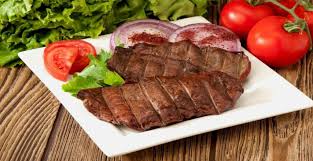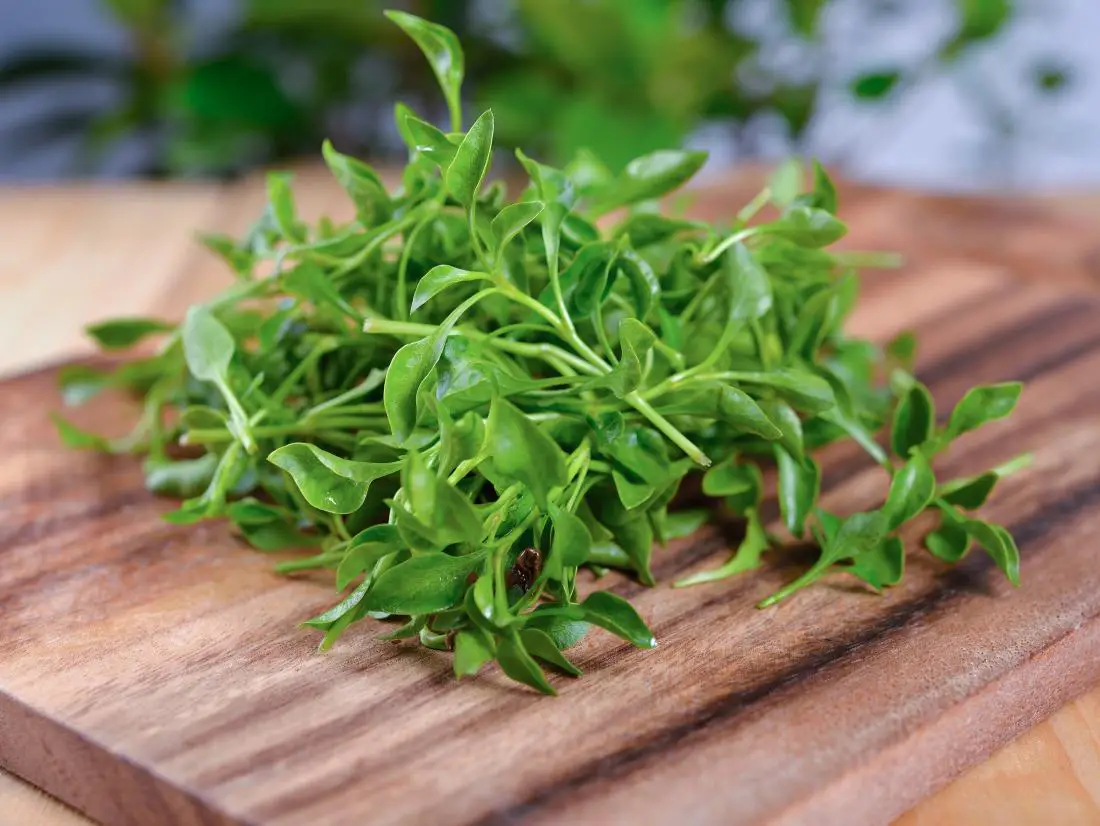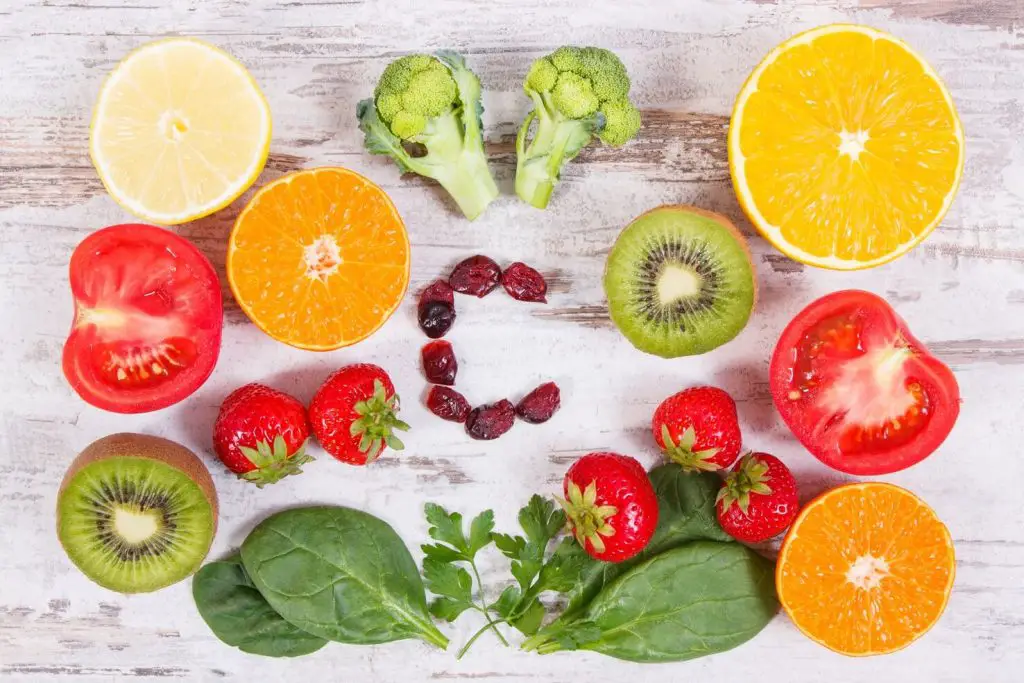Is the liver a natural toxic hub within our bodies

The liver, found in multicellular organisms, plays the key role of detoxifying the body. It processes toxins and waste, stores energy as glycogen, breaks down fats and proteins and produces vital blood components.


From a dietary perspective, the liver is a nutritional powerhouse. Abundant in proteins, vitamins A, B complex, iron, and zinc, it serves as an essential component of various global cuisines. A perfect example is the beloved “Alexandrian liver” dish, celebrated as a culinary delight in Egypt.
So, what makes the liver a beneficial part of our diet? Should we opt for chicken, sheep, or cow liver? Let’s delve into the nutritional benefits that the liver has to offer:


1- A Vitamin A Goldmine:
The liver satisfies your body’s Vitamin A needs, effectively addressing skin ailments caused by its deficiency. Consuming liver could help remedy conditions like granulomatous keratosis (also known as “goose skin”), skin fissures, acne, and related skin infections. Isotretinoin, a form of Vitamin A, is a proven remedy for acne and can be obtained from eating liver in moderation.
2- Brimming with B Vitamins:
The liver is rich in Vitamins B1, B3, B6, B9, and B12. A deficiency in these vitamins can cause skin issues such as chapped lips and heels, nerve weakness, tremors, infections, back pain, and fatigue.
3- Packed with Selenium:
The liver is a source of this potent antioxidant. A deficiency of selenium can increase the risk of hypothyroidism. Besides, selenium assists in maintaining the health of hair follicles and combating premature graying.
4- Abundant in Choline:
This nutrient, which facilitates nerve impulse transmission and aids fat and cholesterol metabolism, is found in the liver. Choline deficiency could lead to fat accumulation in the liver. Additionally, it helps enhance cognitive abilities, memory, and mood.
5- Iron Powerhouse:
Iron deficiency can cause fatigue and other anemia symptoms. Consuming just 100 grams of beef liver can provide about 80% of the daily recommended iron intake for men and 35% for women, particularly during menstruation.
Although beef liver outperforms poultry liver in terms of nutritional value, the animal’s nutrition significantly impacts the liver’s quality and nutritional richness.
In conclusion, incorporating beef or poultry liver into your regular diet could help you avoid Vitamin A or iron supplements. However, caution must be exercised to prevent overconsumption of these nutrients, leading to potential health complications. Therefore, it’s always wise to consult with your doctor or a dietitian for a balanced dietary approach.

